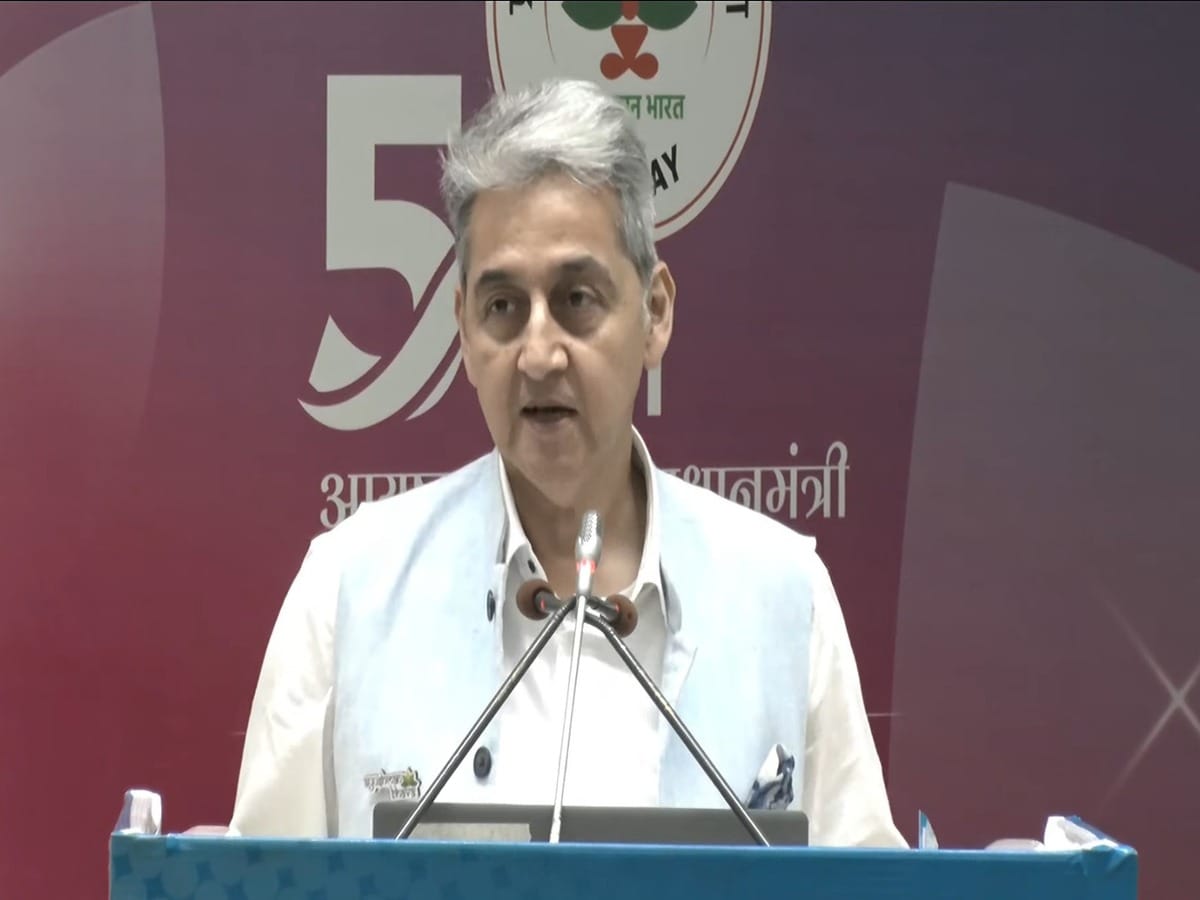
New Delhi: Zoonotic diseases are an area of concern, Union Health Secretary Sudhansh Pant said on Tuesday, stressing that 75 percent of the newly-emerging infectious diseases that have affected people over the last three decades are zoonotic in nature.
The limited knowledge and skill to identify zoonotic diseases, coupled with the limited diagnostic facilities at all levels has resulted in the neglect of the infectious diseases due to zoonotic pathogens, Pant said, addressing the National Conclave on “Augmented Zoonotic Diseases Surveillance at Human-Wildlife Interface” and the National Conclave for an endorsement of the “National Action Plan for Prevention and Control of Snakebite Envenoming” organised by the Centre for One Health, National Centre for Disease Control (NCDC) here.
“Zoonotic disease is one of the areas of concern, which is affecting the humans as well as the animal health. Seventy-five per cent of newly-emerging infectious diseases that have affected people over the last three decades are zoonotic in nature,” Pant said.
He said a better understanding of the specific drivers and mechanisms of zoonotic diseases is crucial to preparing for future disease outbreaks.
Underlining the impact of the COVID-19 pandemic, he said “it is important to address diseases from both the human and animal perspectives as the most emerging infectious diseases are a result of a changing human-animal interface and their shared environment. This interconnectedness highlighted the need for a ‘One Health’ approach, which helps in leveraging the complementarity and strengths that are inherent in each sector and devising integrated, robust and agile response systems”.
The health secretary noted that besides the emergence of zoonotic diseases, anti-microbial resistance (AMR) has also come up as a significant threat globally.
“The rapid spread of multi-drug resistant bacteria and lack of new antibiotics to treat infections caused by newer and more potent antimicrobial agents like carbapenems pose a rapidly-increasing threat to human health, which urgently needs to be addressed,” he said.
“Similarly, food-borne diseases, which can be caused by poor hygiene, availability of antimicrobials, environmental contamination and animal husbandry malpractices on farms, such as misuse of antibiotics, also constitute a significant threat,” Pant added.
In light of these new and emerging health threats, the health secretary underscored the importance of the “One Health” approach, which was reiterated under India’s G20 presidency theme of “One Earth, One Family, One Future” conceptualised by Prime Minister Narendra Modi.
